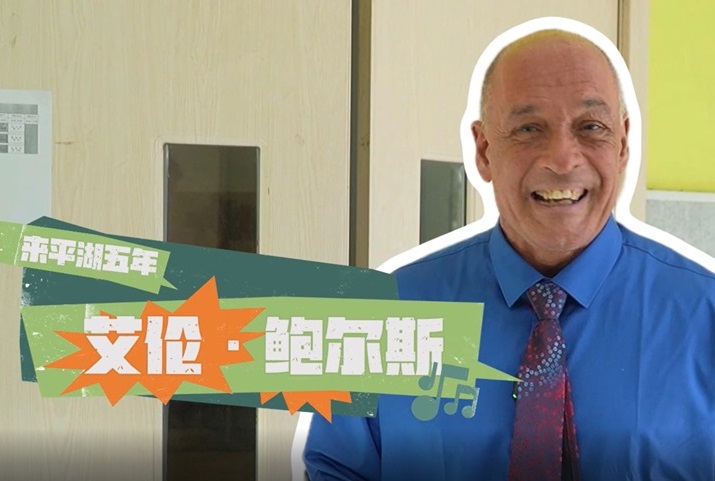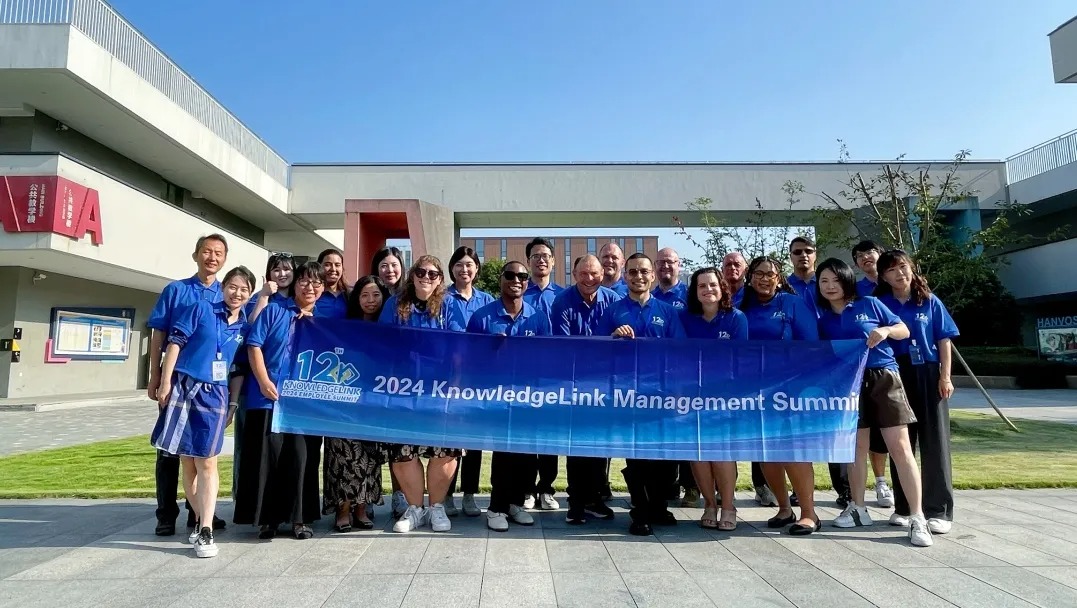From the College Counselor: Finding Best Fit
Doreen Liu is the Director of College Counseling for KnowledgeLink (KL) network schools. Over the past few years, Doreen has seen graduating seniors come and go through her doors, all with different experiences and expectations. In the college counseling team’s work, they must deeply consider the individual they are working with, temper the aspirations of their parents, and help uncover the best path forward for the student. “Counseling” truly defines the work they do. With each student, time is spent alleviating fears, giving advice on the choices that would most benefit them, and providing insight into the college admissions process.
Doreen always gravitated towards a career in education, but after finding that she lacked an affinity for the classroom, she found another way to educate students. She thinks of her role as guiding students through the preparation for college, one of the first crucial periods in their academic careers. Doreen previously worked for one of the largest educational consulting companies in China and transitioned to in-school counseling when she joined KL. Initially starting with the St. Mary’s campus, Doreen and her team now serve all campuses in the KL network.

Doreen Liu, Director of College Counseling (far left) meets with both parents and students during the time leading up to college application deadlines.
Finding Best-Fit Colleges for International Students
In the current state of online information sharing, it is easy to assume that applying to and choosing a university can easily be done using only online resources. While this may be the case for many students in the west, there is still only a small fraction of universities represented in-depth on Chinese websites. This gap often results in tunnel-vision for students and parents alike, where the lack of information causes only those best-represented universities to become a student’s top choice, regardless of best-fit. Doreen saw it as her goal to share information beyond these readily available resources, to use her expertise to share knowledge of the university system and inform students of opportunities they may have never previously realized.

Doreen presents information to parents to help set expectations and understand how to best support their children.
In doing so, Doreen often faces significant backlash working with students and parents. Parents and students do not readily accept anything beyond the top university rankings listed in publications such as US News, WRWU, and the Times Higher Education World. Parents often look only at these rankings when applying and do not consider other schools that fit the needs of the students better, such as universities that may offer more scholarship resources or universities with particularly strong specialized academics, but which may not be as strongly ranked. To address the impact of rankings on the mindset of applicants, Doreen and her team educate parents on the whys and how’s of the ranking system, and how parents can dig deeper to find schools that are a better fit and that have potentially a better value. Doreen finds that, after these discussions, parents have a better understanding of the differences between large scale institutions, liberal arts colleges, or specialized technical institutions, and how their student would fit into each type based on their individual performance, goals, and character.
Another challenge the team often faces is convincing students to realize the importance of elements that universities consider, such as GPA, community service, and extracurricular activities. It’s no secret that Chinese students and parents focus heavily on test-taking and realize the importance of those tests, but moving that focus to a more holistic view of overall student achievement has been difficult. Take one element – GPA – universities heavily consider GPA in the application process, so completing assigned homework, preparing for quizzes, participating in class and in group work is essential to earning a high GPA. However, the college counseling team has found that students still spend a significant amount of time preparing in test-prep cram schools – not in the high school, where they could be focused on not only tests, but also improving their homework, preparing for a class the next day, participating in group work, or taking part in a range of other resume-building activities. This in turn impacts the students’ GPA and how a university may perceive their application. Frank Phillips, the Head of St. Mary’s School, agreed that this behavior was often not productive:
“The challenge is how to help these students present themselves as well-rounded. Ivies can fill up their classes with valedictorians, National Merit Scholars, and students with perfect SATs. Everybody’s smart, so colleges want unique personalities and unique interests…getting that point across in China has been a real challenge.”
College Counseling for the Common Application Essay

Doreen meets with a student one-on-one. This is one of many meetings where Doreen helps students brainstorm winning college essays unique to their story.
In facing these challenges, Doreen and her team’s key to success lies in the time spent on continued education of parents and students. What they emphasize is that universities want to understand, beyond your academic performance, who you are as a person, what makes you tick, and how you will grow at that university. In guiding one student’s application to Emory University, Michelle Zhao, a student at St. Mary’s Shanghai, had difficulty deciding on a topic for her common application essay.
Michelle sat down with Doreen to brainstorm some ideas on who she was: How did she overcome challenges? What did she grow from her mistakes and how did that influence her life?
For the next hour, they brainstormed multiple topics, starting with an anecdote about a near fatal accident at age 6 where Michelle had ingested a chemical agent. This was somewhat compelling due to her interest in chemistry, but Doreen and Michelle agreed that this story did not get to the root of Michelle’s identity or represent her character. After hours of discussion, they focused on her move to Shanghai at age 7, when she had trouble making friends due to not speaking the local dialect. Flustered, but not one to give up easily, Michelle met the challenge by teaching herself Shanghainese by endlessly listening to radio, following tapes, and chatting with locals. After she had rapidly become fluent, she quickly realized her penchant for languages, and continued to self-learn English, Spanish, and Japanese. Doreen and Michelle agreed that this story would better characterize Michelle to admissions representatives. This story would show that even from a young age Michelle was ready to face obstacles head on and overcome them through her dedication and passion.
This is the approach Doreen continues to take with all students – to encourage them to consider who they are and help them find avenues of express that core truthfully to universities. As a counsellor, she believes counselling work relies heavily on the expertise and work of the teachers, who have spent years improving the students’ abilities. The importance that teachers place on becoming a well-rounded individual is key to opening doors for students to find their place at a university which suits their needs.








关于我们
了解更多
总部地址
101 Federal Street, Suite 1900,
Boston, MA 02110
1-781-996-0425
info@kleducation.org
订阅我们